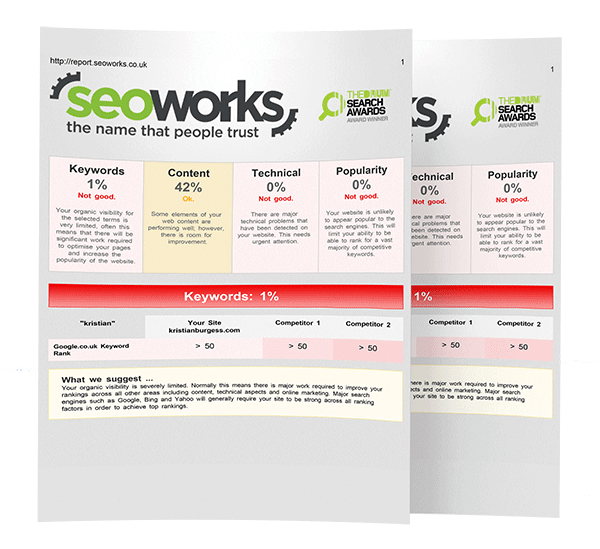Matt Cutts: Do big websites equal high rankings?
Many people believe that updating your website more than others will provide some sort of competitive advantage in the search results. Is that true? The short answer is no, at least not directly.
For a while webmasters have been working on the assumption that the more pages are indexed, the higher your Google rank will be. This is down to mathematics. Having a larger website means you are more likely to get people landing on internal pages via long-tail search queries, increasing traffic to the site and hopefully rankings too.
Having a large website is beneficial, but only because there is more content that can have links pointed at it, it doesn’t necessarily mean that adding reams of pages will mean you increase your ranking in the SERPs.
It is also important to remember that having quality content with many good links pointing to it on a small site is infinitely better than having volumes of mediocre, unlinked content on a large site. Google’s head of Webspam Matt Cutts addressed this topic in his latest Webmaster video:
[schema type=”person” name=”Matt Cutts” orgname=”Google.com” jobtitle=”Head of webspam” url=”http://www.mattcutts.com/blog/” country=”US” ]
He said that having a larger website gives you more opportunities, but only because there may be more links to the website which will mean PageRank will crawl deeper than it perhaps would do on smaller sites.
Cutts again stressed the importance of having inbound links pointed at your site as this will give you a higher PageRank, attracting more Googlebots to the site which will in turn increase rankings. Although with PageRank on the ropes, quite how Google will carry on regarding quality websites over quantity ones is a little vague.
The SEO Works is a leading UK SEO agency based in Sheffield, UK. For information about our services, including managing your content strategy, speak with us today.

